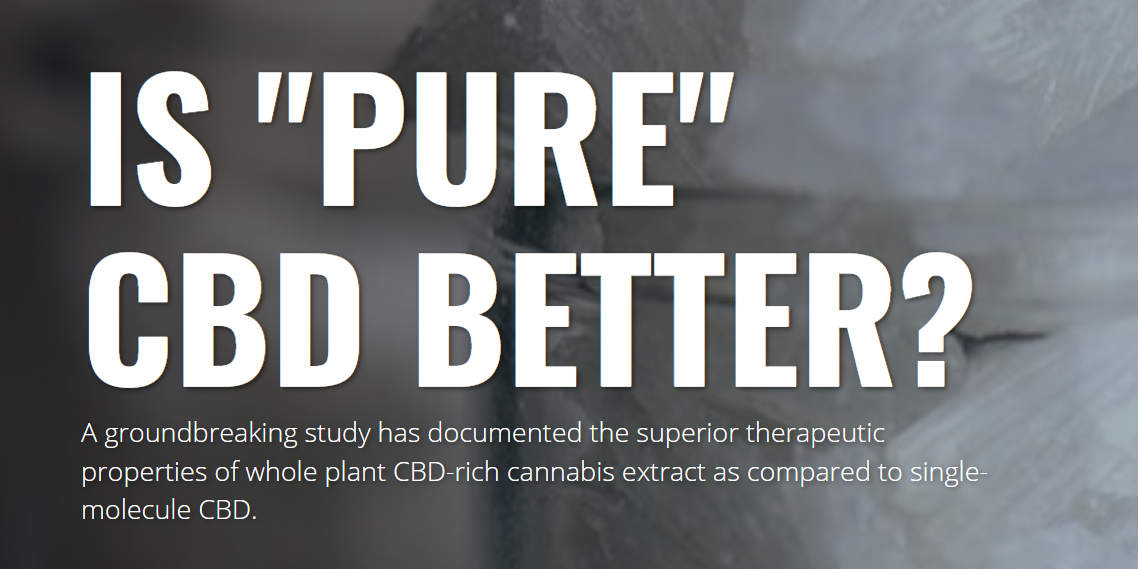A groundbreaking study from Israel has documented the superior therapeutic properties of whole plant CBD-rich cannabis extract as compared to single-molecule cannabidiol (CBD).
Published in the journal Pharmacology & Pharmacy (Feb. 2015), the article directly challenges one of the sacred cows of Big Pharma and the medical-industrial complex—the notion that “crude” botanical preparations are inherently low grade and less effective than pure, single-molecule compounds.
Entitled “Overcoming the Bell-Shaped Dose-Response of Cannabidiol by Using Cannabis Extract Enriched in Cannabidiol,” the article is all the more noteworthy given the contribution of co-author Lumir Hanus, who was instrumental in the discovery of anandamide, the endogenous cannabinoid compound first identified in the mammalian brain in 1992.
Hanus and two Israeli colleagues from Hebrew University of Jerusalem surveyed the scientific literature and noted that during the past fifteen years numerous preclinical studies had focused on the anti-inflammatory effects of pure, single-molecule CBD in animal models of various pathologies, including rheumatoid arthritis, inflammatory bowel disease, multiple sclerosis, and diabetes. (See preclinical data regarding CBD.)
These studies showed that administration of pure, single-molecule CBD resulted in a bell-shaped dose-response curve, meaning that when the amount of CBD exceeded a certain point its therapeutic impact declined dramatically. “Healing was only observed when CBD was given within a very limited dose range, whereas no beneficial effect was achieved at either lower or higher doses,” the authors observed. This characteristic of single-molecule CBD—manifested as a bell-shaped dose response—imposes serious obstacles that limit its usefulness in a clinical context.
Read more…






